The world’s population is expected to increase by 2 billion persons in the next 30 years, from 7.7 billion currently to 9.7 billion in 2050, according to a new United Nations report launched today.
The World Population Prospects 2019: Highlights, which is published by the Population Division of the UN Department of Economic and Social Affairs, provides a comprehensive overview of global demographic patterns and prospects. The study concluded that the world’s population could reach its peak around the end of the current century, at a level of nearly 11 billion.
The report also confirmed that the world’s population is growing older due to increasing life expectancy and…
Today, 55% of the world’s population lives in urban areas, a proportion that is expected to increase to 68% by 2050. Projections show that urbanization, the gradual shift in residence of the human population from rural to urban areas, combined with the overall growth of the world’s population could add another 2.5 billion people to urban areas by 2050, with close to 90% of this increase taking place in Asia and Africa, according to a new United Nations data set launched today.
The 2018 Revision of World Urbanization Prospects produced by the Population Division of the UN Department of Economic and Social Affairs (UN DESA) notes that future increases in the size of the…
Today, 54 per cent of the world’s population lives in urban areas, a proportion that is expected to increase to 66 per cent by 2050. Projections show that urbanization combined with the overall growth of the world’s population could add another 2.5 billion people to urban populations by 2050, with close to 90 percent of the increase concentrated in Asia and Africa, according to a new United Nations report launched today.
The 2014 revision of the World Urbanization Prospects by UN DESA’s Population Division notes that the largest urban growth will take place in India, China and Nigeria. These three countries will account for 37 per cent of the projected growth of the world’s urban…
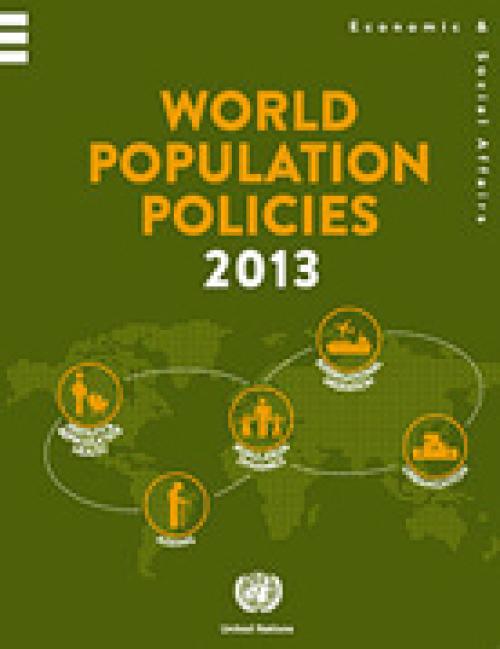
World Population Policies 2013 report is part of a series that provides comprehensive and up-to-date available information on the population policy situations and trends for all 193 Member States, two Observer States and two non-member States of the United Nations. The publication documents changes in Government views and policies from 1976 to 2013 with respect to population size and growth, age structure, fertility, reproductive health and family planning, health and mortality, spatial distribution and internal migration, and international migration within the context of demographic, social and economic change.
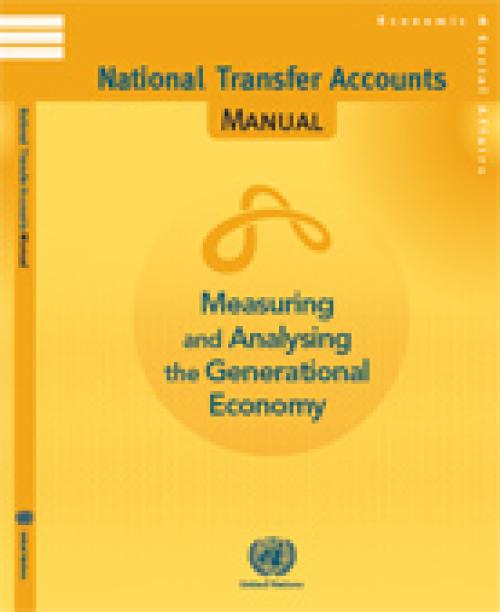
The publication provides a coherent accounting framework of economic flows from one age group or generation to another, typically for a national population in a given calendar year. This manual presents the concepts, methods and estimation procedures to measure these flows over the life-cycle. The NTA estimates are useful to understand and analyse the implications of changing age structures for the fiscal sustainability of social programs, the accumulation of physical and human capital, economic growth, and familial support for children, youth and older persons.
National Transfer Accounts are consistent with the System of National Accounts (SNA), and provide measures by single…
Africa and Asia together will account for 86 per cent of all growth in the world’s urban population over the next four decades, adding that this unprecedented increase will pose new challenges in terms of jobs, housing and infrastructure. Africa’s urban population will increase from 414 million to over 1.2 billion by 2050 while that of Asia will soar from 1.9 billion to 3.3 billion, according to the 2011 Revision of the World Urbanization Prospects, produced by the UN Population Division of the Department of Economic and Social Affairs (DESA).
The largest increases in urban population are expected in the following countries: India, China, Nigeria, the United States and Indonesia…
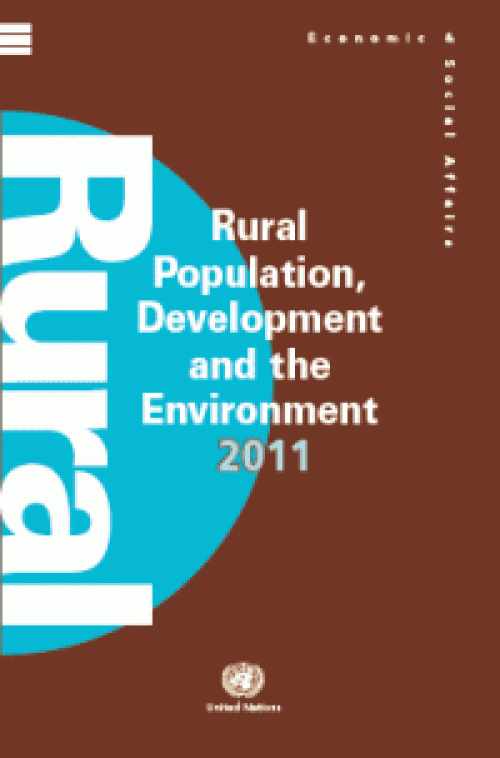
UN Population Division's wall chart on Rural Population, Development and the Environment 2011 presents the latest data available for 15 indicators of rural population, land use, development and environment. It provides estimates at the national, regional and world levels, giving us a better understanding of the relationship between demographic dynamics, natural resources and cultural practices.
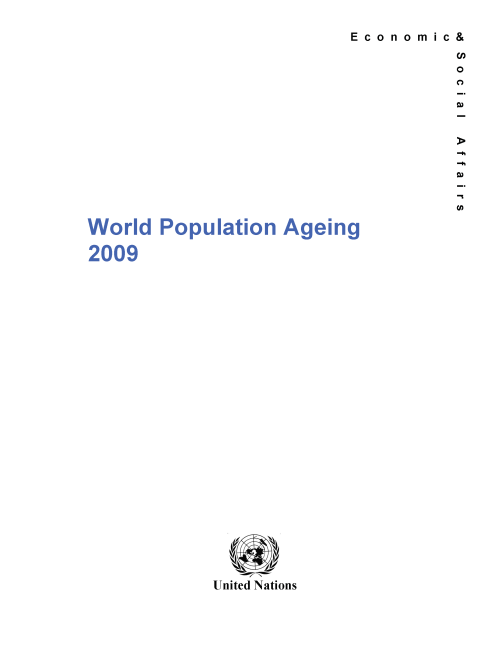
The World Population Ageing 2009 report, by DESA's Population Division, which updates the 2007 edition, provides a description of global trends in population ageing and includes a series of indicators of the ageing process by development regions, major areas, regions and countries. This new edition includes new features on ageing in rural and urban areas, the coverage of pension systems and the impact of the 2007-2008 financial crisis on pension systems.
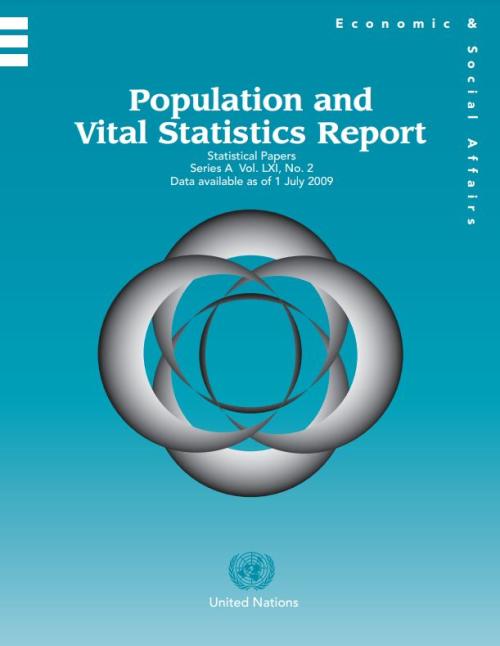
This issue of the Population and Vital Statistics Report presents data for countries or areas on population size (total, male, and female) from the latest available census, estimated total population size for 2006 or 2007 (the later available year), and the number and rate of vital events (live births, deaths, and infant deaths) for the latest available year within the past 15 years (1993-2007). These data are presented as reported by national statistical authorities.
 Welcome to the United Nations
Welcome to the United Nations